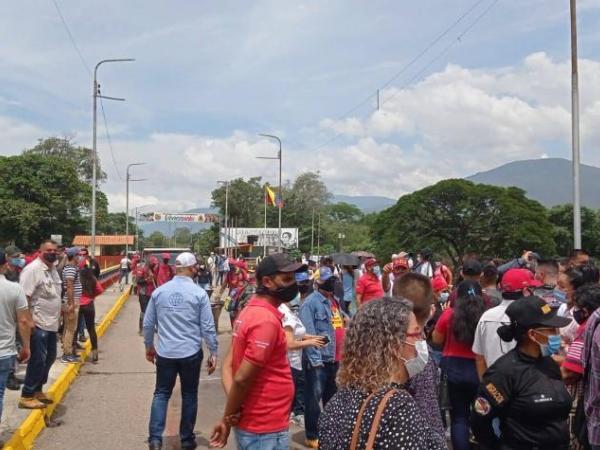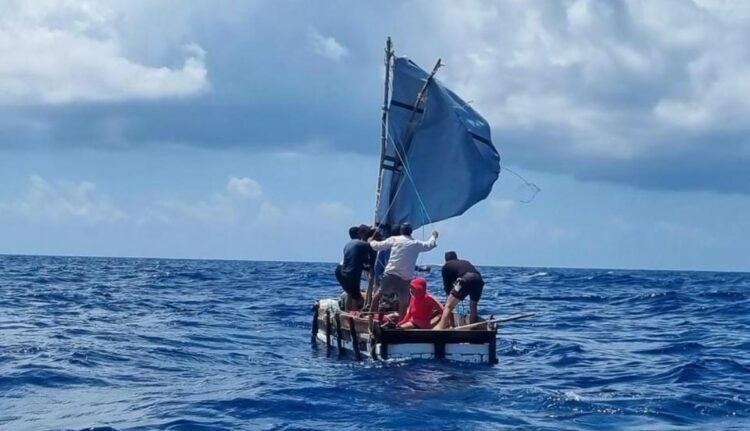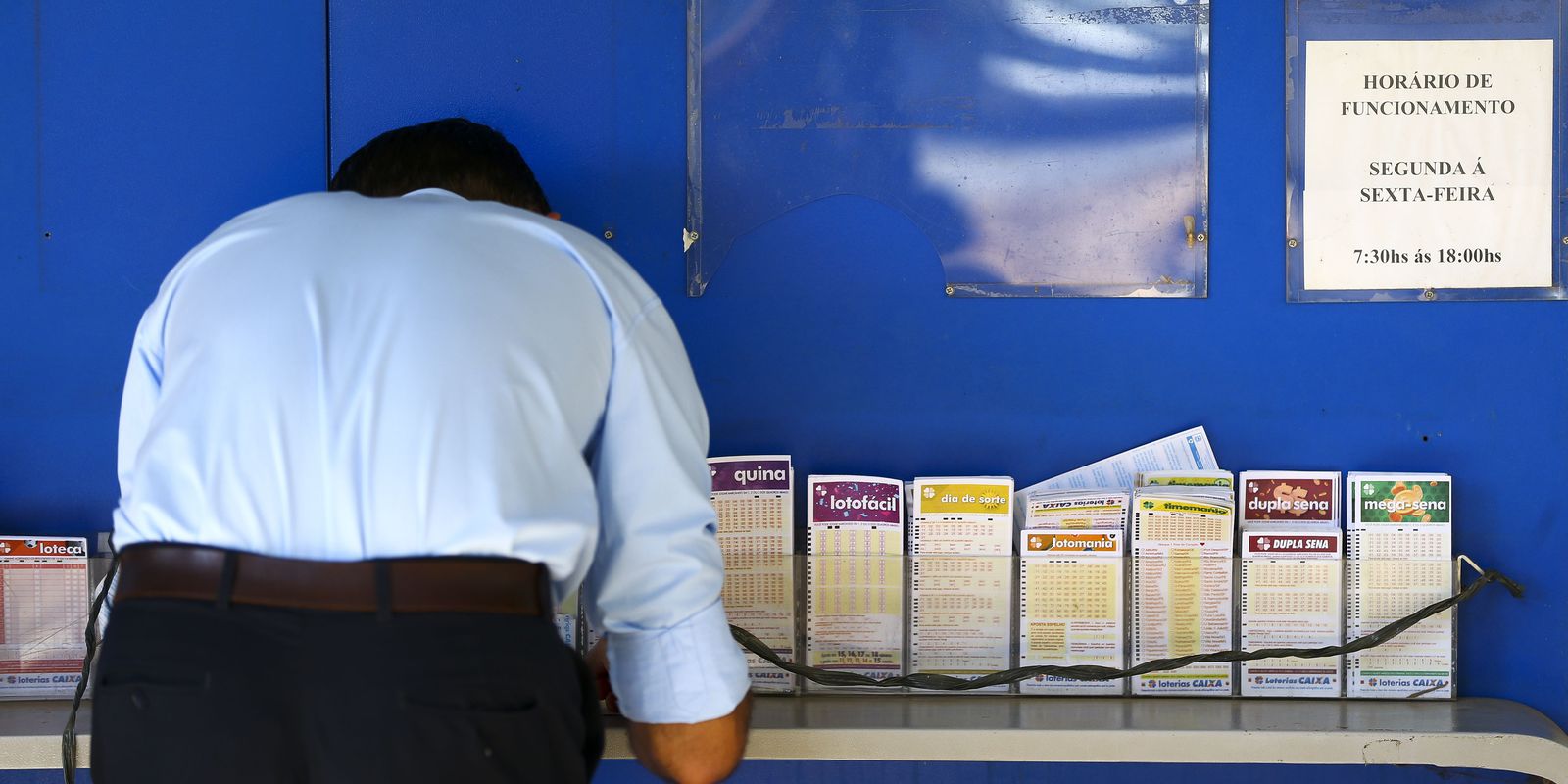the longed for commercial reopening between Colombia and Venezuelaone of the premises of the Government of Gustavo Petro, is no longer a project and will materialize on September 26.
(In context: List the date of reopening of the border between Colombia and Venezuela).
This was announced this Friday by President Petro through his Twitter account. “On September 26 we will open the border between Colombia and Venezuela (…) We confirm the Government’s commitment to reestablish brotherly relations”, the president wrote.
Their Venezuelan counterpart Nicolás Maduro, He also took advantage of his Twitter account to strengthen the commitment for the reopening. “I am very happy to announce that as of September 26 we will jointly open the borders between Venezuela and Colombia (…) The exchange and cooperation between our peoples restart on the right foot,” said the head of state.
Among the first authorized binational activities is the return of commercial flights, beginning, as was known by the routes between both capitals and between Bogotá and Valencia. Wingo and Avianca airlines are among those that already have the green light to take to the skies.
In this way, the reactivation of diplomatic relations between the two nations, promised by the current president in his electoral campaign, is materialized. The ambassadors of both nations have already been ratified byr the respective Foreign Ministries and Presidencies and work tables are already being developed to adjust the last nuts.
Among those topics, highlighted the ambassador Armando Benedetti, the bilateral issues that are adjusted are related to security and defense; transport and mobility; immigration matters; International cooperation; border crossings and infrastructure and consular affairs.
(See: Inflation in Venezuela rises to 17.3% in August).
“We believe that the Venezuelan market is a very important market, which it has always been for Colombia, and that it is a complementary market and, consequently, the important thing is that all conditions are regulated, especially that it is guaranteed that payments are to carry out”, Julián Domínguez, president of Confecamaras, pointed out to Portafolio.
Colombia’s border with Venezuela.
Both countries reach this reactivation of their relations in a widely different from their economies and after three years of few contactsafter Bogotá’s recognition of the interim presidency of Juan Guaidó in 2019.
In the economic field, Colombia has maintained a path of sustained growth over the years, while the neighboring country has seen a decrease in its GDP by more than 80%which has reversed slightly in the last two years, driven by the liberalization of the economy, dollarization and the rise in oil prices due to the war in Ukraine.
Also, in recent years, as a result of public disinvestments, public services in western Venezuela have suffered from innumerable inconsistencies, such as power outages or fuel supply failures.
(Read: Minimum wage in Venezuela, inverse of economic growth).
A reality that shaped Portfolio Tiziana Polesel, president of Consecomercio, the venezuelan guild which brings together the chambers of services and commerce.
“We must bear in mind that this process takes us Venezuelans a little in unequal conditions. If we evaluate, in the area of Norte de Santander they do not have the weaknesses that we have on this side”, he mentioned.
Polesel explained that “in Norte de Santander there is a constant electricity supply, constant fuel, water services, and technological connectivity is very good.”
This situation, says the Venezuelan businesswoman, takes them “in unequal conditions”, but they aspire to take advantage of this business revival from this area of the country to “improve the entire issue of public services” which he confesses “has hit Venezuelan businessmen so hard.”
The leader of Confecamaras, Julián Domínguez, stated that the greatest concern of the members is related to the guarantee of payments.
“There is an old concern, because in the past some obligations were left unpaid; there are those shadows over there,” she said.
Álvaro Romero, president of the Chamber of Commerce of La Guajira, drew attention to the institutionality of this processa step needed to tighten the nuts.
“There are situations that need to be adjusted due to the time the border has been closed. To the extent that we are preparing ourselves, it is also good to find this institutionality to take advantage of both countries”, Romero mentioned.
Roberto Casas-Lugo








